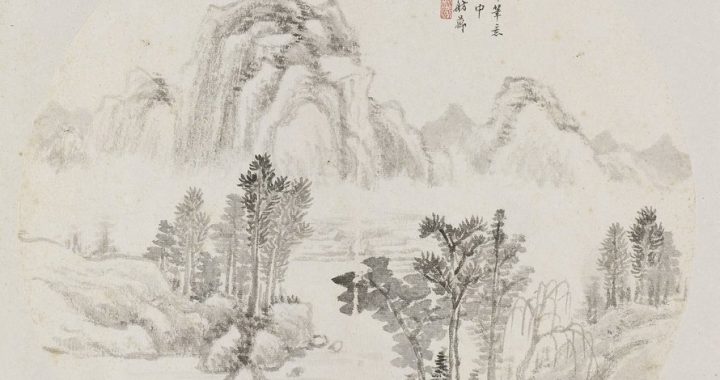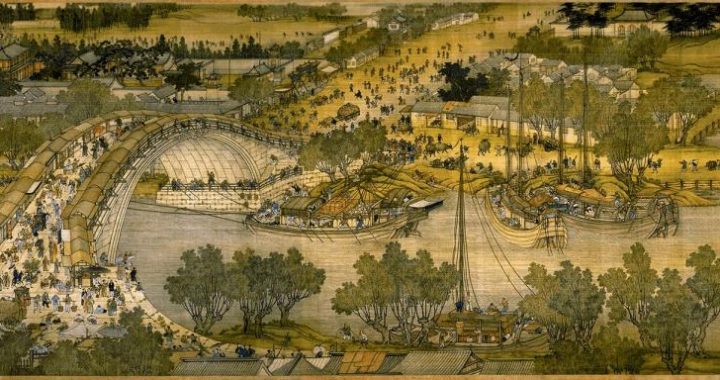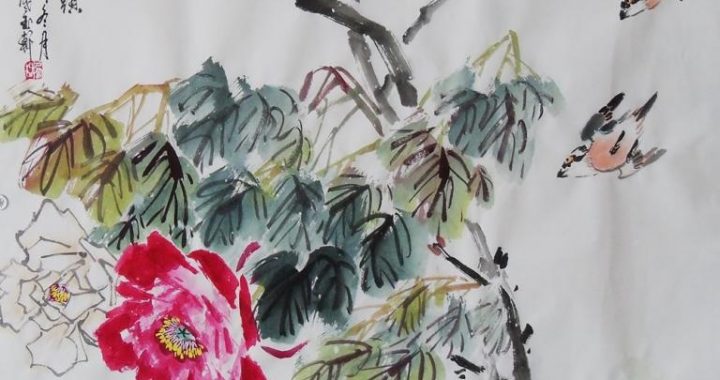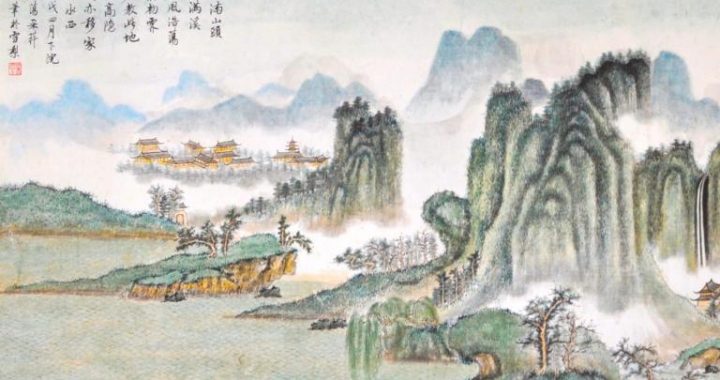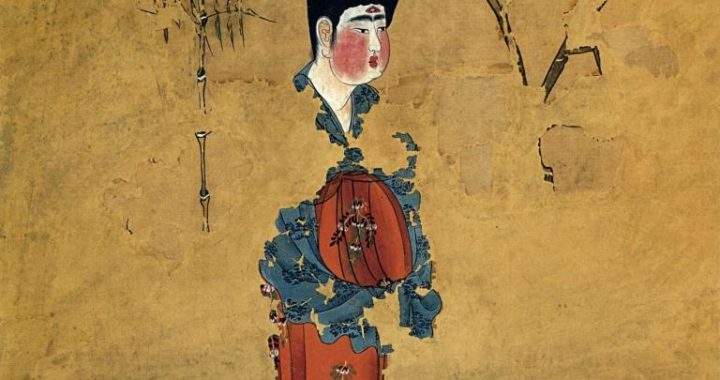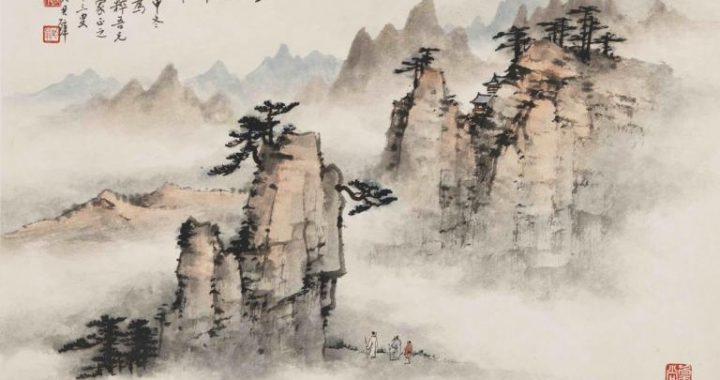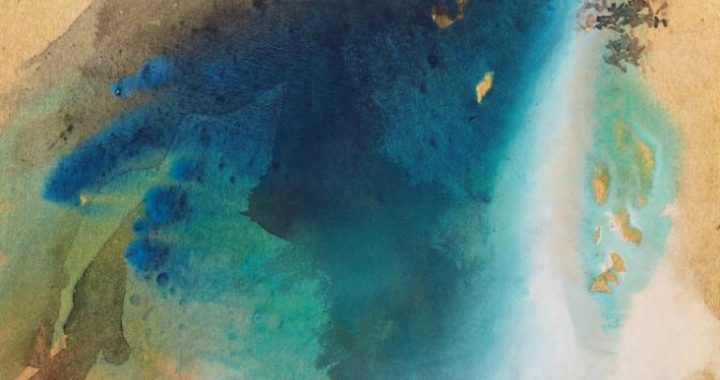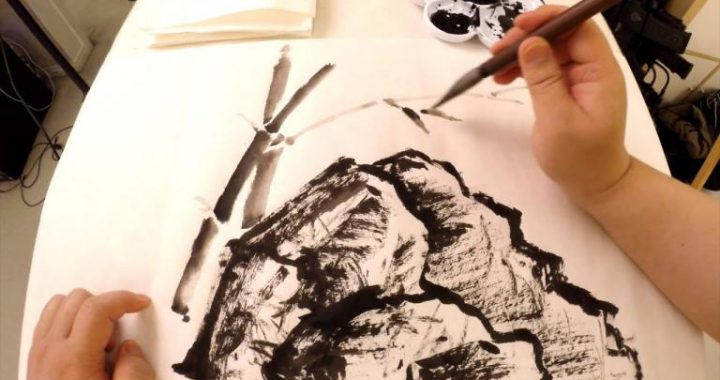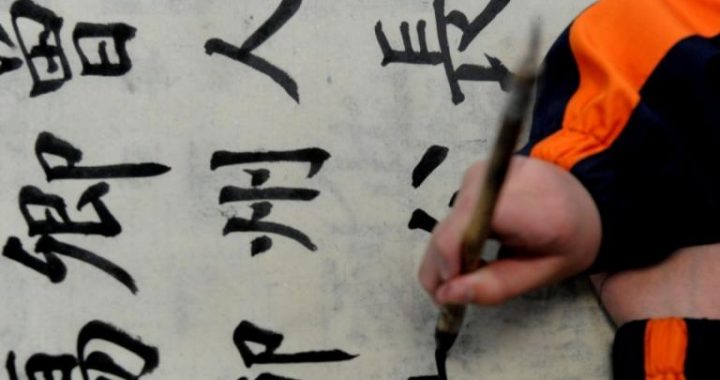Poetry Reform in the Northern Song
6 min readIn the Song dynasty,scholars created a large number of poems with diverse themes and rich contents.And Wang Anshi,in particular,contributed greatly to the formation of keynote of Song poems.However,the development of regulated verses was on the decline.It was not until Su Shi did the poetry in the Song dynasty come to own its unique characteristics,i.e.,to write poems with characters and sentences(literary composition),with argumentation and with talents and learning.Su Shi’s poems set an example for the Song poets.Later Huang Tingjian created a Shangu style which was characterized by being concise,fresh-looking and witty.Shangu style is an important complement to the Song poems in connotation and expressiveness.
In the Southern Song dynasty,Yang Wanli initiated a”Chengzhai”style which proposed that poetry should follow the rules of nature and be independent from other forms of literature.Just during this period,the four Zhongxing masters,namely,Lu You,Yang Wanli,Fan Chengda and You Mao,began to gain prominence.Fan Chengda and Yang Wanli were equally famous.Their poems absorb the styles of the middle and late Tang dynasty for covering a wide range of social subjects.In language and image,Fan attached importance to diction,implication,elegance and nobility.He alsodeveloped a landscape poetry,emphasizing the internal link between human and nature.He stressed that nature was a part of one’s life and one should feel the rhythm and movement of life in the context of nature.Lu You was the most productive patriotic poet of this period.His poems are of great realism by exposing the disasters brought by the Jin dynasty and the inability of the Song rulers,thus exerting great influences on his times and later generations.

After Lu You,three poetic styles came into being.The first one was the Yongjia style represented by”Four Ling of Yongjia”,who literally referred to Xu Ji,courtesy name(zi)Ling Yuan;Xu Zhao,courtesy name(zi)Ling Hui;Wen Juan,courtesy name(zi)Ling Shu;Zhao Shixiu,courtesy name(zi)Ling Xiu.They were so called because of the Ling in their courtesy names.They all promoted the style of Jia Dao and Yao He who were the representatives of the late Tang dynasty and claimed that poems should be written in fresh and novel language about the joy of living in a free and relatively simple life.
The second style referred to the wandering poets.They were usually unsuccessful writers with no fixed residence and lived by selling their poems and other talents,thus acquiring the name of wandering poets,represented by Liu Kezhuang and Dai Fugu,etc.

The last poetic movement referred to the patriotism in poems before the fall of the Southern Song dynasty.Influenced by the special social circumstances,many patriotic poets rose to the stage,represented by Wen Tianxiang,whose poems convey a dignified,upright,heroic and patriotic demeanor.Wen set an example in ethics and justice for later generations.
In the Yuan dynasty,ancient Chinese literature experienced a major shift from poetry and prose,which were considered to be orthodox literature,to novels and dramas.Little progress was achieved in poetry and most poets took official positions.They just followed the example of the Tang and Song poems but were narrower in subjects,more superficial in image and very limited in expressiveness.
Even the most well-know”Four Masters of Yuan Poetry”wrote hollow poems,seeming elegant in forms but were low in achievement.The most famed poet of this period was Wang Mian.Among the poets in the ethical minorities,Sa Dula’s achievement was thehighest for their reflection of social realities,sympathy over general public and certain depth in thinking.
Poetry Reform in the Northern Song
The establishment of the Northern Song ended the political and economic separation of the Five Dynasties following Tang. The progress in economy, politics and peoples’ life reminded the rulers of the necessity to polish the peace and promote the development of poetry, which greatly stimulated the poets’ enthusiasm inliterature. The former styles of extravagance and flamboyance prevailed again. Xikun style thus came into being.
As the most important poetry style in the early Northern Song, Xikun school hel that poetry writing should follow the Li Shangyin’s style by imitating his duality in rhymes, the delicate diction and the harmony of tunes. However, due to the lack of real life experience, they only learned the beauty of form by parading some literary quotations and their works lacked infectivity. It was not until Wang Yucheng of the Song dynasty that some achievement was made in countering the Xikun style of early Song. Wang Yucheng adopted a very fresh and wholesome literary style.
He inherited the tradition of realism from Du Fu and Bai Juyi, and also paved a way for the prose of Ouyang Xiu and Su Shi. When Song Emperor Zhenzong issued an edict for revivalism, the reform of poetry was greatly enhanced and achieved decisive success due to the joint effort of huge number of intellectuals.
The reform of poetry was later called the New Revivalism Campaign, which was carried out to facilitate the political reform, to correct the literary styles which were flamboyant, flowery but superficial, complicated, strange or weird and to establish the styles which were simple, unsophisticated and rich in contents.
Therefore, the reform of poetry was a part of the reform of politics. It was also the complementation and completion of Han Yu’s new revivalism campaign in the new historical context. As the leader of this campaign, Ouyang Xiu inherited and developed Han Yu’s revivalism and proposed that literature should be used to expound the rules of Tao and be integrated with Tao, and the superficial extravagance should be replaced by simplicity and naturalness.
It should be pointed out that the thinking of Ouyang Xiu was only partially Confucian, for what he did was just to refine and promote the essence of Confucianism. In the new revivalism campaign, many people took the wrong ways. Sh Jie,a scholar of Taoism, in particular, developed a complicated and weird style—-Taixue style, which insisted that the revivalism should serve the ancient feudal doctrines in a faithful way. This style greatly hindered the development of new revivalism. In this context, Ouyang Xiu made a bold move when in charge of public examination for talents by selecting only those who wrote in simple and unsophisticated language instead of those who wrote in obscure Taixue style. Just at this time, Su Shi and Su Zhe were found by Ouyang Xiu for their simplicity in writing and rated excellent. This decisive move taken by Ouyang Xiu greatly promoted the reform of poetry.

Ouyang Xiu himself was also a good judge of talent. He was always happy to give guidance and help to juniors and recommend newcomers. Among the Eight Masters of the Tang and Song dynasties, there were five recommended by Ouyang. All of them gathered around him and contributed a lot to the reform of poetry. It is thus proved that Ouyang was the leading figure and fighter in opposing the flamboyant writing style of the early Song dynasty. Besides, Ouyang Xiu also set a good example for the pros writing of later generations with his versatile prose. In addition, as a very important representative of graceful and restrained Song writing style, Ouyang Xiu explored a wide area in the styles of poems and the image of song ci, and thanks to his efforts, Song ci grew, matured and thrived. His poems were equally famous as that of Mei Yaochen and exerted far-reaching influences on the formation of Song poems.
